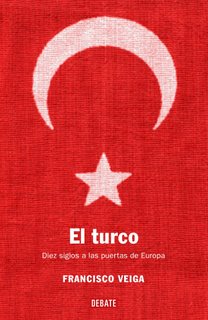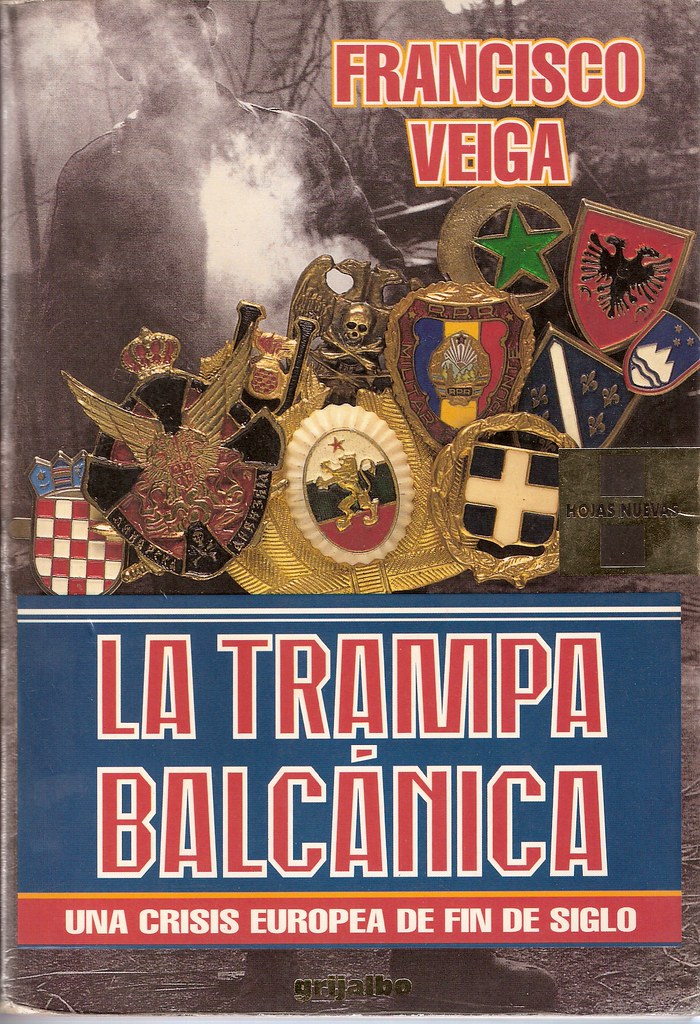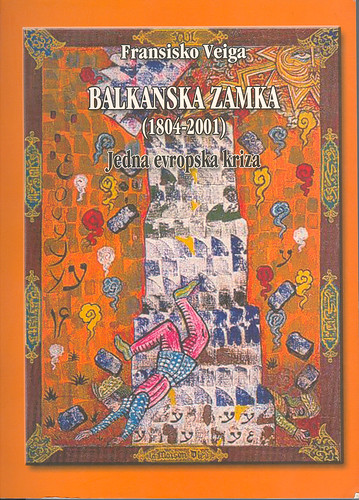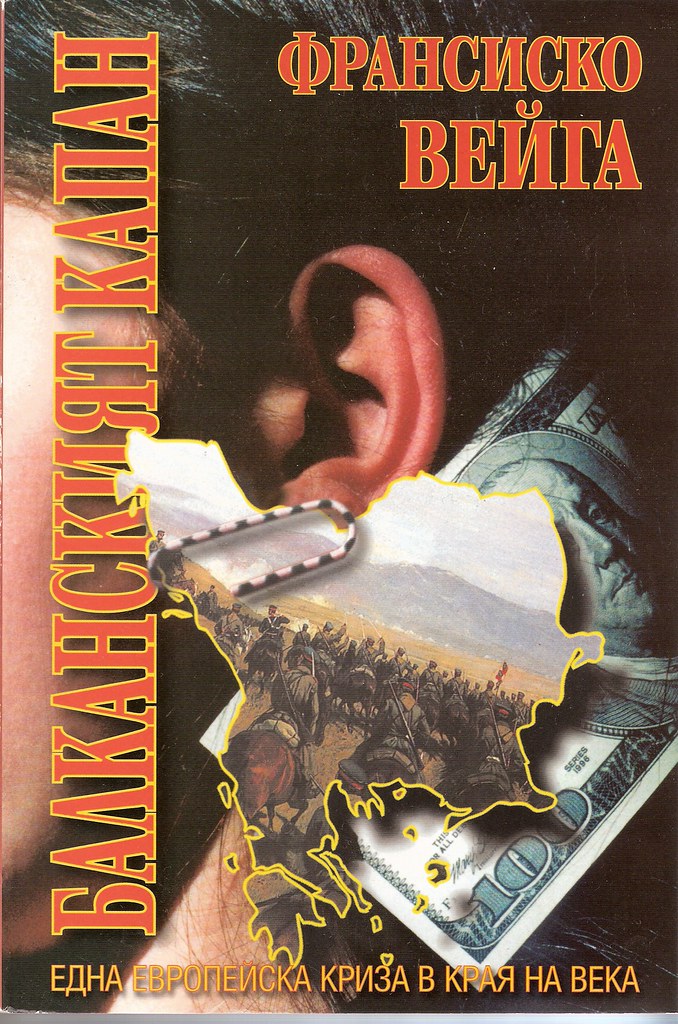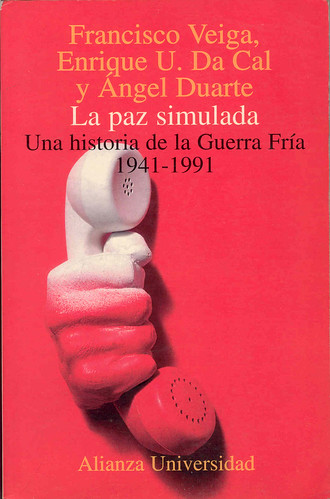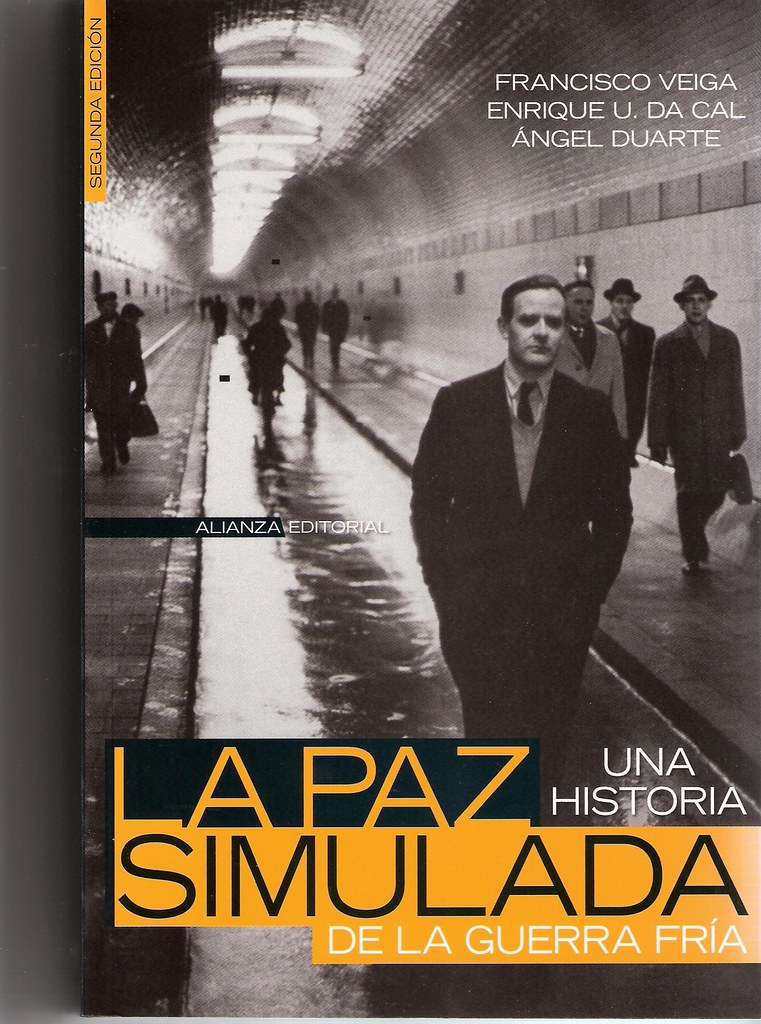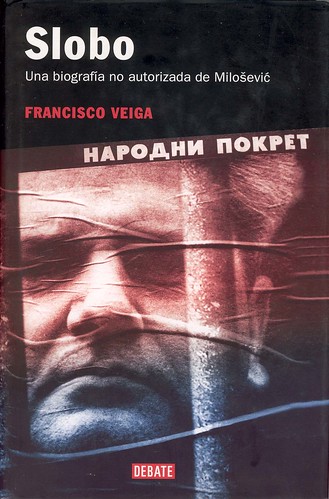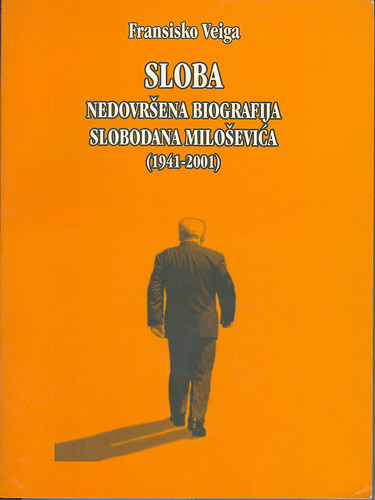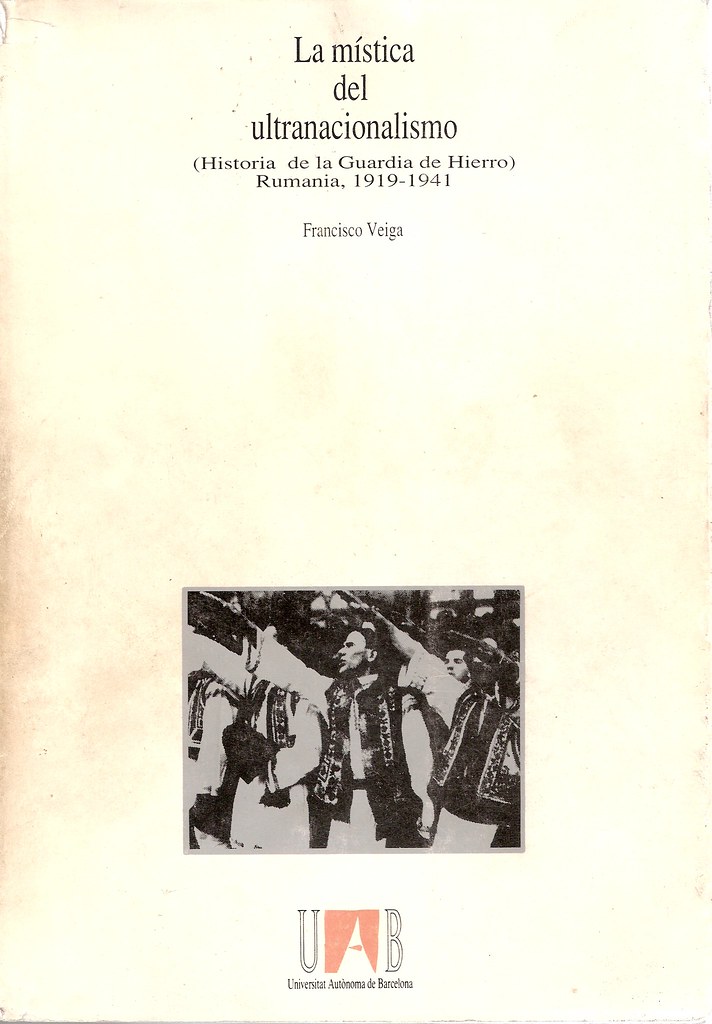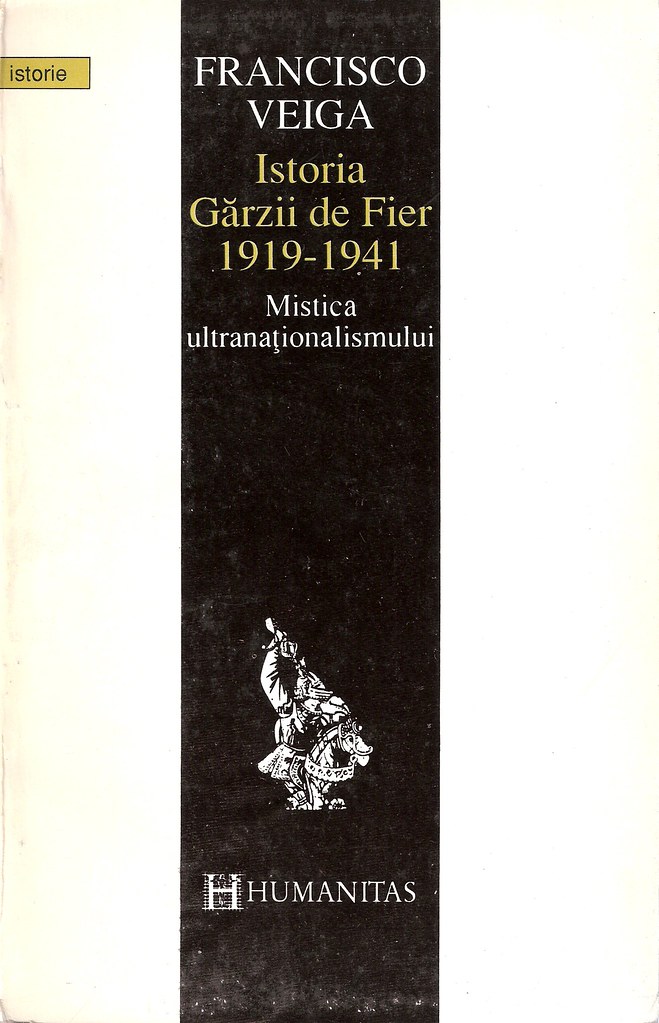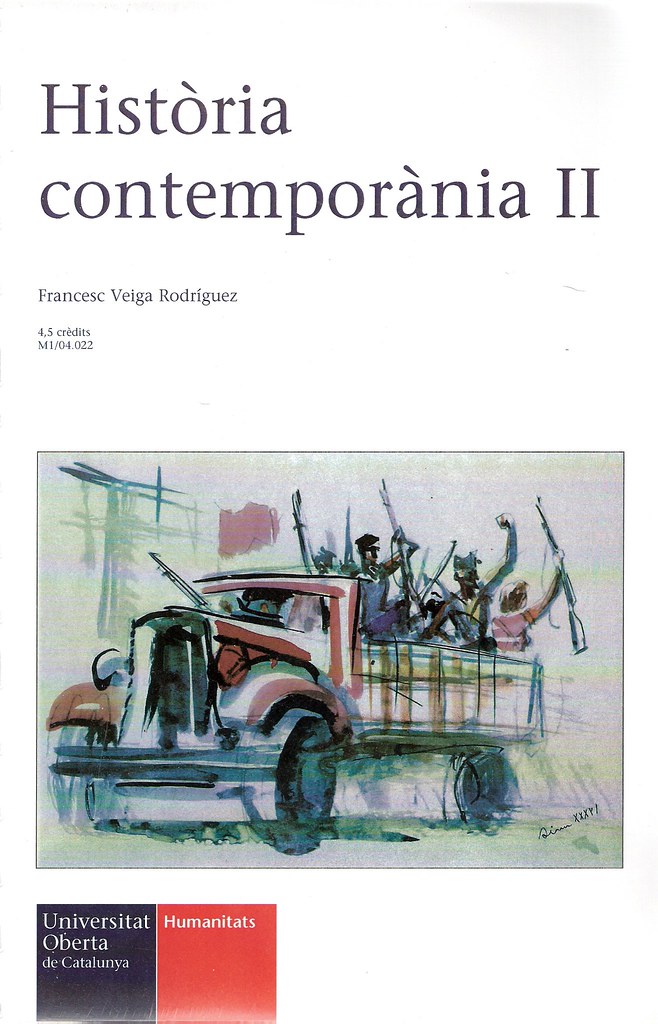Las campañas del loro [Parrot campaigns]

Click on picture to enlarge, and enjoy the detailsFormer U.S. President Bill Clinton speaks in front of his statue in the capital Pristina, November 1, 2009. Clinton is in Kosovo where he unveiled the statue on
Clinton’s Boulevard. Reuters
El pasado 18 de octubre, Juan Goytisolo afirmó en “El País” que durante las guerras de la ex Yugoslavia (1991-2001) Mitterrand apoyó a Milosevic porque “sólo una Serbia fuerte, podría frenar el previsible expansionismo alemán tras la reunificación de 1990”. Pocos días más tarde, el 9 de noviembre, José Ignacio Torreblanca repitió en el mismo medio la misma afirmación lapidaria.
Hay muchos datos, bien conocidos, que prueban la impostura de tal afirmación. Pero baste recordar que ningún miembro de la Comunidad Europea defendió la unidad del Estado yugoslavo en el verano de 1991, mientras que el gobierno alemán reconoció unilateralmente la independencia de Croacia y Eslovenia en diciembre, y con ello hundió el Plan Carrington, elaborado para facilitar la pacífica desintegración de Yugoslavia. Justamente por eso, Alemania contribuyó decisivamente al comienzo de la Guerra de Bosnia. Genscher nunca explicó claramente por qué se dio ese paso, que puso en peligro la unidad europea. La verdad es que, a veces, los alemanes hacen cosas bastante raras, pero no parece que Goytisolo ni Torreblanca tengan mucho interés en aclararlas.
Pasan unos días más, y empezamos a ver por dónde va la campaña. Sábado, 20 de noviembre: “El País” publica un reportaje firmado por Luis Prados y una entrevista a Hashim Thaci. No es información, sino presión pura y dura para que el gobierno de Madrid reconozca la independencia de Kosovo. El autor no duda en incluir afirmaciones tan distorsionadas como la de Bajran Rexhepi: "¿Por qué España está ejerciendo presión política en América Latina contra el reconocimiento de Kosovo?”.
Pero, ¿realmente alguien puede creer que España es capaz de ejercer alguna influencia sobre países como Brasil o Venezuela en ésta u tras muchas cuestiones?
Parece que sirve cualquier argumento, por patético que parezca. Por ejemplo, Lulzim Peci, director del Instituto Kosovar de Investigación Política y Desarrollo, asegura, “categórico”: "La relación de España con EE UU nunca será realmente cordial mientras España boicotee la estrategia estadounidense en los Balcanes".
Hace falta creer que los Balcanes, y Kosovo dentro de ellos, están en el centro del mundo para decir tales cosas. Pero lo extraño no es que los nuevos estadistas y funcionarios albaneses de la República de Kosovo utilicen argumentos tan demagógicos como inconsistentes. Lo llamativo es que el periódico “El País” persista en un discurso propio de la era Clinton/Aznar, o incluso Bush.
Y es que, concluyendo el año 2009, los intereses empresariales del grupo PRISA conjugados con las presiones de la vieja guardia del PSOE, encabezada por Felipe González, siguen empeñados en hacernos creer que el New World Order aún está vigente. Paciencia: en vísperas de la presidencia española de la EU, vamos a leer cosas mucho más descabelladas.
On 18 October, Juan Goytisolo wrote in "El País" that during the wars of former Yugoslavia (1991-2001) Mitterrand supported Milosevic because "only a strong Serbia, could curb the expected German expansionism after the reunification in 1990". A few days later, on November 9, José Ignacio Torreblanca in the same paper repeated the same lapidarian statement.
There are many well known facts, which prove the fraudulence of this claim. But suffice it to note that no member of the European Community advocated the unity of the Yugoslav state in the summer of 1991, while the German government unilaterally recognized Croatia's and Slovenia´s independence in December; and doing that, sank the Carrington Plan, developed to facilitate the peaceful breakup of Yugoslavia. Just because of this, Germany contributed decisively to the start of the Bosnian War. Mr. Genscher never clearly explained why the German gouvernment gave that step, which endangered European unity. To tell the truth, sometimes the Germans do very odd things, but it seems that neither Goytisolo nor Torreblanca have interest in such clarifications.
A few days later, we started to see where the campaign goes. Saturday, November 20th, "El País” publishes an article signed by journalist Luis Prados and an interview with Kosovo´s President Mr. Hashim Thaci. It was not information, but sheer and hard pressure so that the Madrid government to recognize Kosovo's independence.
The author does not hesitate in including distorted statements such as Bajran Rexhepi´s: "Why Spain is exerting political pressure in Latin America against recognition of Kosovo?"
But, can anyone really seriously believe that Spain can exert some influence over countries such as Brazil and Venezuela, in this or many other issues?
Any argument seems valid, even if pathetic. For instance: Lulzim Peci, Director of the Institute for Research and Development Policy of Kosovo, says, "categorical": "Spain's relationship with the U.S. will never be really friendly while Spain boycott U.S. strategy in the Balkans".
To say such things, you really need to believe that the Balkans, and Kosovo within them, are at the real center of the world. The strange thing is not that the new Albanian statesmen and officials from Kosovo Republic used arguments as demagogic as inconsistent. More striking is that the newspaper "El País" persist in a bizarre language with echoes from the the Clinton/Aznar or even Bush eras.
In conclusion: in Spain, ending the year 2009, the joint action of the business interests of the PRISA business group, conjugated with the pressures of the PSOE´s old guard, led by Felipe González, remains committed to make us believe that the New World Order is still valid. Be patient: on the eve of the Spanish presidency of the EU, we will read more outrageous things, like those. Etiquetas: Bill Clinton, Bosnia, Bush, Carrington, Croatia, Genscher, Kosovo, Obama, Spain, Thaçi
Silos nucleares paquistaníes [Pakistan nuclear sites]
 Click the map to enlargeEste es el mapa de los silos nucleares paquistaníes. Sargodha es la base principal. Los silos de lanzamiento están señaladas en rojo. Aunque ya desde la primavera se viene especulando con la posibilidad de que fuerzas especiales de los Estados Unidos pudieran intervenir para hacerse con el control de los sistemas nucleares paquistaníes, esa especie se está haciendo muy insistente en las últimas semanas, en torno a la última campaña de atentados extremistas. [Novedades sobre ello a 20.11.2009]
Click the map to enlargeEste es el mapa de los silos nucleares paquistaníes. Sargodha es la base principal. Los silos de lanzamiento están señaladas en rojo. Aunque ya desde la primavera se viene especulando con la posibilidad de que fuerzas especiales de los Estados Unidos pudieran intervenir para hacerse con el control de los sistemas nucleares paquistaníes, esa especie se está haciendo muy insistente en las últimas semanas, en torno a la última campaña de atentados extremistas. [Novedades sobre ello a 20.11.2009]
Here it is: a map of the Pakistani nuclear silos. Sargodha is the main base. The launch sites are marked in red. Since spring, some sources speculated that the JSOC of the U.S. Forces might intervene to gain control of Pakistan's nuclear systems, but this rumor is very insistent in recent weeks, after the last campaign of terrorist attacks. [News about this matter: 20th, November, 2009]Etiquetas: Al Qaeda, armas nucleares, guerra civil paquistaní, Pakistán
Una guerra olvidada [A forgotten war]
 A pesar de la ayuda mediática, voluntariosa pero ineficaz, el Tribunal Penal Internacional para la ex Yugoslavia volvió a demostrar su desgaste como institución que pertenece ya a un New World Order periclitado. A la espera de que se reanude el juicio contra Radovan Karadzic y que se resuelva algún día la misteriosa desaparición del general Ratko Mladic, podemos ir refrescando la memoria sobre aspectos voluntariamente olvidados de la guerra de Bosnia, que, como una muñeca rusa, contuvo otros conflictos en su seno.
A pesar de la ayuda mediática, voluntariosa pero ineficaz, el Tribunal Penal Internacional para la ex Yugoslavia volvió a demostrar su desgaste como institución que pertenece ya a un New World Order periclitado. A la espera de que se reanude el juicio contra Radovan Karadzic y que se resuelva algún día la misteriosa desaparición del general Ratko Mladic, podemos ir refrescando la memoria sobre aspectos voluntariamente olvidados de la guerra de Bosnia, que, como una muñeca rusa, contuvo otros conflictos en su seno.
Para ello se recomienda la lectura del libro de Charles R. Shrader: The Muslim-Croat Civil War in Central Bosnia. A Military History, 1992-1994 (Texas A & M University Press, 2003). Se trata de una obra con datos muy detallados sobre la particular guerra que mantuvieron musulmanes y croatas dentro del marco de la guerra de Bosnia. El autor describe con precisión las unidades militares participantes en ese conflicto, las batallas y efectos sobre la población civil. La conclusión es clara:
"Los únicos combatientes extranjeros introducidos en Bosnia central eran los muyahidines radicales de varios países invitados por el gobierno musulmán Alija Izetbegovic.
De hecho, las pruebas disponibles, en su conjunto, muestran claramente que la fuerza del gobierno dirigido por musulmanes de Bosnia-Herzegovina fueron los agresores en la guerra civil musulmana-croata de noviembre de 1992 a marzo de 1994 (...) Por su fracaso para controlar, los elementos radicales, o incluso condenarlos públicamente, los líderes musulmanes políticos y militares de la República de Bosnia y Herzegovina tienen una gran culpa que, con pocas excepciones, todavía están llamados a expiar ante la comunidad internacional de naciones "(pp. 161-162)
Despite the media assistance, willful but ineffective, the International Criminal Tribunal for the former Yugoslavia once again demonstrated its wear as an institution that already belongs to an outdated New World Order. Pending the resumption of the trial of Radovan Karadzic and while hope to solve the mysterious disappearance of Gen. Ratko Mladic, should be useful to recall voluntarily forgotten aspects of the Bosnian war, which, like a Russian doll, contained other conflicts within it.
You should read the book written by Charles R. Shrader: The Muslim-Croat Civil War in Central Bosnia. A Military History, 1992-1994 (Texas A & M University Press, 2003). This is a work with very detailed data on the particular war that kept Muslims and Croats within the framework of the Bosnian war. The author accurately describes the military units involved in this conflict and the battles and effects on the civilian population. The conclusion is clear:
“The only foreign combatants introduced into central Bosnia were the radical mujahideen from various Muslim countries invited by Alija Izetbegovic´s government.
Indeed, the available evidence, taken as a whole, clearly shows that the force of the Muslim-led government of Bosnia-Herzegovina were the aggressors in the Muslim-Croat civil war of November, 1992-March, 1994 (…) By their failure to control, those radical elements, or even to condemn them publicly, the Muslim political and military leaders of the Republic of Bosnia-Herzegovina bear a heavy guilt that, with only a few exceptions, they have yet to be called upon to expiate before the international community of nations” (pp. 161-162) Etiquetas: crímenes de guerra, Croacia, Guerra de Bosnia, Karadzic
Victimismo rumano [Romanian victimhood]

Bucarest, 23 de diciembre, 1989. La multitud se escuda tras un vehículo blindado del Ejército, mientras los reclutas disparan hacia alguna ventana donde, supuestamente, se esconde un francotirador de la Securitate. Sin embargo, nunca se enjuició a ninguna de las personas detenidas aquellos días. De hecho, tampoco se capturó a ningún francotirador real. Si que tuvieron lugar muchas y lamentables confusiones, con numerosos muertos inocentes.
Tras un interesante artículo sobre la ruinosa situación de Rumania, el periodista añade y da por buenas las impresiones de la gente en la calle. Queda bastante claro que los rumanos llevan veinte años echando las culpas de sus desgracias a fantasmas inexistentes. Siempre las mismas explicaciones sobre “redes comunistas secretas”, misteriosos “grupos de presión” y el “trauma de la dictadura”. Sin embargo, cuando el centro-derecha ganó por primera vez las elecciones en 1996, Andrei Pleşu, una de las cabezas más inteligentes del país dijo: “Ahora ya no podremos seguir echando la culpa de todo al comunismo. La responsabilidad de lo que nos suceda será nuestra”. A día de hoy, la Unión Europea piensa lo mismo.
Y por cierto: la cifra oficial de muertos en la Revolución rumana de 1989 fue de 1.104 muertos, no de 10.000. Y buena parte de ellos a causa del Ejército, no de la Securitate.
After an interesting article about the situation of failure in Romania, the author, a Spanish journalist, adds the result of interviews to people on the street. Is quite clear that the Romanians have been blaming, during twenty years, to the same old ghosts for all their misfortunes . Again and again, the usual explanations about the "secret Communist networks," the mysterious "pressure groups" and the "trauma of dictatorship": always the same exaggerations and legends. However, when the Center-Right won the elections for the first time in 1996, Andrei Pleşu (philosopher, essayist, journalist, literary and art critic, and politician), one of the country's most sparkling personalities, said: “From now on, we should no longer put the blame for everything on Communism. The responsibility for what would happens to us, will be ours”. Today, the European Union agrees with it.
By the way: the official death toll in the Romanian Revolution of 1989 was 1,104 deaths, not 10,000. And many of them because the Army, not the Securitate. Etiquetas: European Union, Revolución rumana de 1989, Romania, Romanian revolution
De aquellos barros, estos lodos [He who sows winds, reaps storms]

El presidente Klaus anuncia que accede a firmar el Tratado de Lisboa
Nuestra prensa trata de minimizar el hecho de que Bruselas haya asentido a las exigencias del presidente Vaclav Klaus para acceder a la firma del Tratado de Lisboa: ni un euro en indemnizaciones para los alemanes expulsados de los Sudetes después de la Segunda Guerra Mundial. Sin embargo, las consecuencias políticas de ceder ante ese chantaje serán importantes. Así, será difícil mantener las exigencias de disculpas históricas e indemnizaciones en otros casos. Por ejemplo, las referidas al genocidio armenio de 1915 y las reparaciones consiguientes. Curiosamente, The Guardian publicó inmediatamente un artículo titulado: “Britain accused of ‘genocide denial’ over Armenia”
Our press tries to minimize the fact that Brussels has acquiesced to the demands of President Vaclav Klaus for agreeing to sign the Lisbon Treaty: not a single euro in compensation for Germans expelled from the Sudetenland after World War II. However, the political consequences of giving in to this blackmail will be important. Therefore, it will be difficult to maintain historical demands for apologies and compensation in some other cases. For instance, those referred to the Armenian genocide of 1915 and subsequent repairs. Interestingly enough, next day “The Guardian” published an article entitled: "Britain accused of 'genocide denial' over Armenia" Etiquetas: Chequia, genocidio armenio, Sudetes, UE, Vaclav Klaus
El marco y los límites de un desencuentro [The framework and limits of a mismatch]

Es imposible seguir ignorando por más tiempo el acercamiento entre Moscú y Ankara, con la complicidad de terceros
El artículo de José Ignacio Torreblanca referido al distanciamiento entre Bruselas y Ankara no está mal, simpático y resultón, ja. Pero peca de tres serias limitaciones: a) Olvida la dimensión internacional de Turquía en la actualidad, que incluye un claro acercamiento a Rusia (además de hacia los países árabes e Irán, como no se cansa de remachar nuestra derecha). b) Deja de lado, asimismo, que el fracaso en la integración de Turquía en la UE sería un verdadero crack para la imagen internacional de la UE, en la actual coyuntura de potencias emergentes del siglo XXI; c) Que hay un cansancio claro entre los socios comunitarios ante las políticas hegemonistas de París y Berlín
Torreblanca´s last article focused on the growing distance between Brussels and Ankara is fairly good, even a little bit clownish. But he forgets to consider three issues: a) The international dimension of Turkey today, including a clear approach to Russia (in addition to Arab countries and Iran, something which emphasizes Spanish political Right parties and media b) Leaves aside also that the failure to integrate Turkey into the EU would be a real crack for the international image of the EU in the current period of XXI century emerging powers, c) There is a clear fatigue among community partners towards hegemonic politics of Paris and Berlin
Etiquetas: Irán, Rusia, Turquía, UE
Nuevo formato
El modelo de post publicado hasta ahora en este blog va a experimentar una remodelación. Ello responde a causas bien concretas. De un lado, la acumulación de información que proceso en los últimos meses, que impide seguir con la “mentalidad de papel” en el mantenimiento del blog. Del otro, la multiplicación de compromisos profesionales, que me resta tiempo para continuar en la línea seguida durante los últimos tres años. Con todo, se continuarán colgando aquellos artículos publicados en prensa u otros medios en su longitud original, u ocasionales post extensos

















